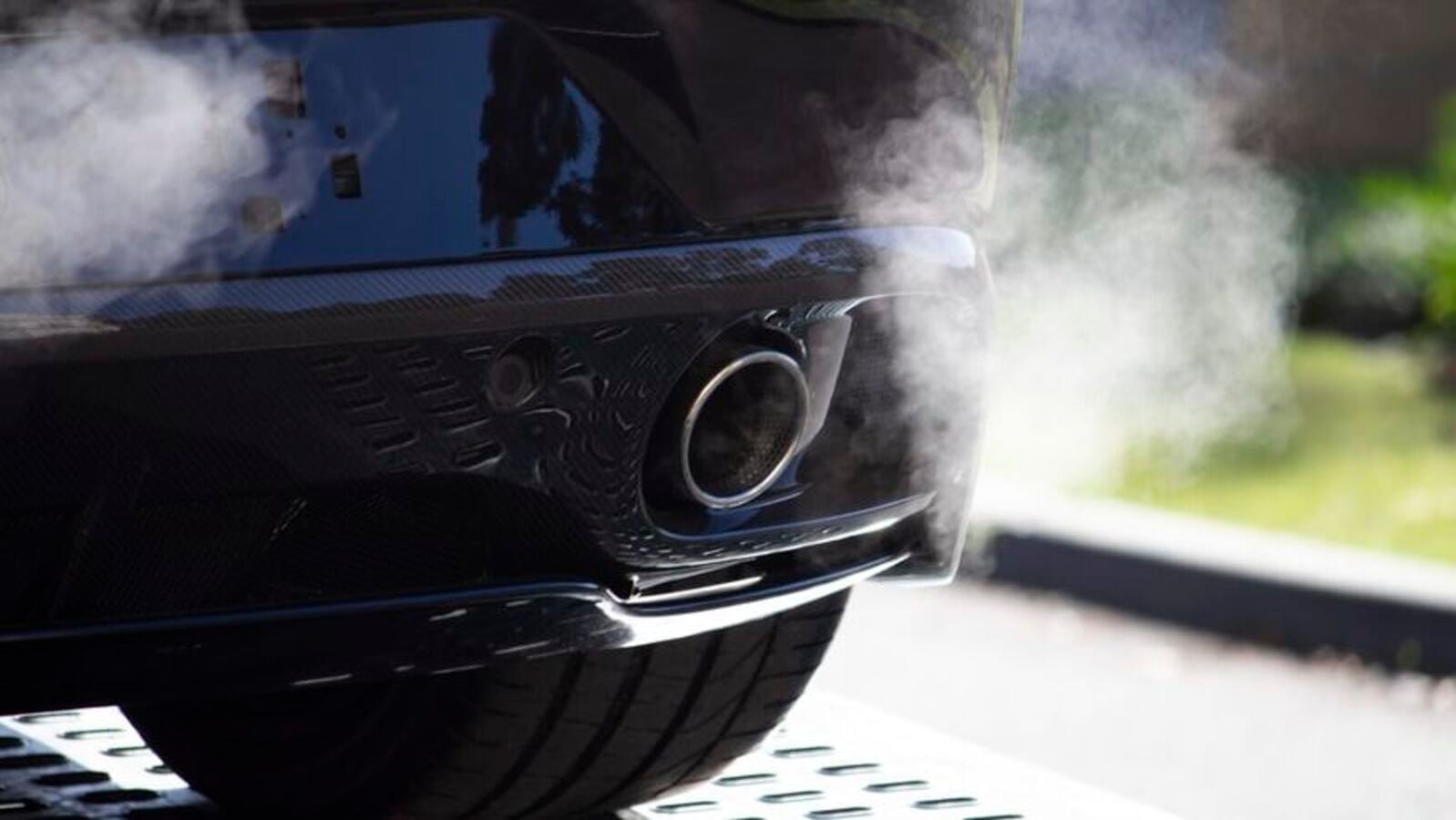Last updated:
Force Motors reduced van, bus, ambulance and SUV prices from 1.18 to Rs 4.52 lakh after GST reform. The market share of the traveler range is more than 65%.
65 % market share
The prices of Force Motors Traveler Products have been reduced from Rs 1.18 lakh to Rs 4.52 lakh. The traveler range includes passenger vehicles, school buses, ambulances and cargo delivery vans. In the commercial segment, the force traveler range has more than 65% market share in the market. Force Motors is considered to be India's largest van and ambulance manufacturer. The company has also emerged as the fastest growing school bus manufacturer. Both diesel and CNG options are available in the traveler range.

Price cut
The prices of force track products have been reduced from Rs 2.54 lakh to Rs 3.21 lakh. The passenger vehicle segment includes tracks cruisers, track storms and citiesline. The track range also includes school vans, cargo delivery vans and ambulances. Tracks products are known for their strong construction. This makes them perfect for challenging situations in rural and off-road. Tracks range meets both private and commercial segments.
Monobus reduced by Rs 2.66 lakh
Prices of force monobus have been reduced from Rs 2.25 lakh to Rs 2.66 lakh. Monobus claims to be the only 33/41-seater monocok bus in India. This passenger is available in both bus and school bus formats. Monobus is fully developed in India and is about 1,000 kg lighter than traditional models. This provides significant savings of fuel. Mercedes-made 2.6-liter common rail engine has been used to give power to monobus which generates 114 hp and 350 Nm of torque.


